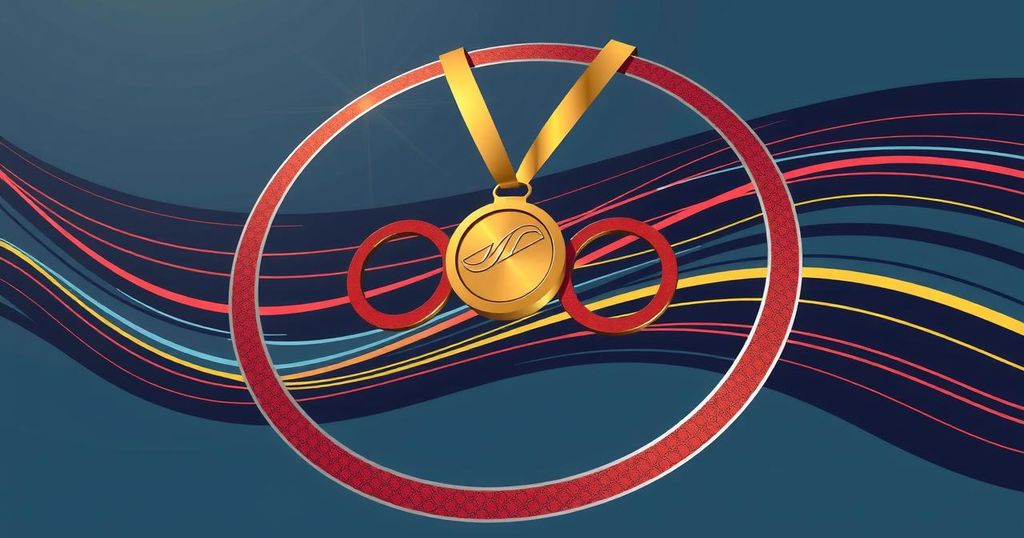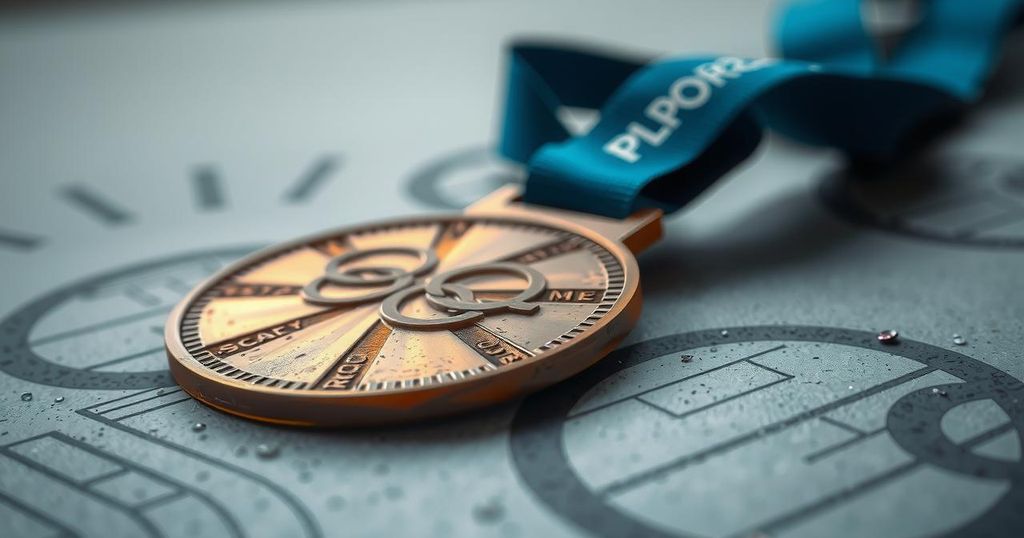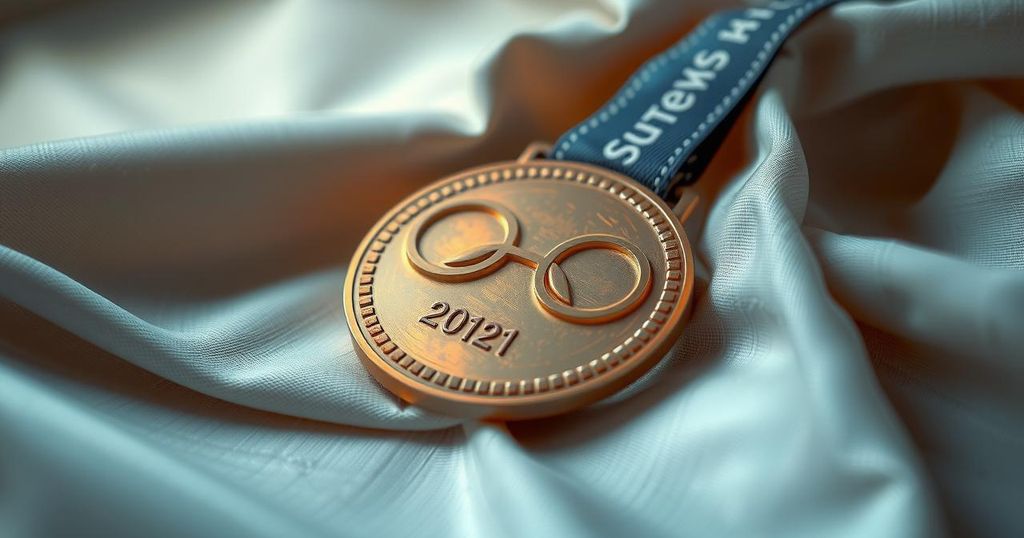A Culinary Revolution: Paris 2024’s Unique Food Vision
The upcoming Paris 2024 Olympic Games, to be held in the heart of France, have garnered attention for more than just the athletic competitions. Amid the iconic French culinary tradition, the event organizers have boldly introduced a modern “food vision” that challenges the status quo of French dining.
In contrast to the quintessential Parisian fare of frogs’ legs, escargots, and steak tartare, Paris 2024 has embraced an approach that combines historical culinary excellence with the need for food sustainability in the face of the climate crisis. Capturing the essence of French identity, this “food vision” aims to represent the art de vivre, proudly highlighting the country’s rich gastronomic culture while addressing environmental and social responsibilities.
A significant aspect of Paris 2024’s “food vision” is a conscientious reduction in the consumption of meat. Drawing from the well-documented environmental impact of animal agriculture, the organizers aim to incorporate more plant-based options into the event’s cuisine. Their efforts have resulted in a remarkable 60% of all dishes served to the general public being meat-free, with 80% being sourced from local French produce.
However, the transition to a more plant-based diet has been met with criticism from some athletes, particularly those from countries like Great Britain. Complaints have surfaced regarding the insufficient availability of eggs and grilled meat, with British swimming star, Adam Peaty, even reporting the presence of “worms” in his fish. Paris 2024 has responded to these allegations by emphasizing that their catering operations are subject to rigorous inspections and have made adjustments to accommodate the athletes’ dietary requirements.
Beyond environmental considerations, the culinary revolution spearheaded by Paris 2024 also seeks to challenge the outdated stereotype of French bistro cooking. Renowned French chef, Alexandre Mazzia, emphasizes that traditional dishes such as frogs’ legs and steak tartare no longer represent the diversity and innovation found in modern French gastronomy. In his approach to the Olympic menu offerings, Mazzia showcases an array of contemporary, multi-ethnic dishes, introducing athletes to a new, more inclusive representation of French cuisine.
With culinary maestros like Mazzia, Benallal, and Chaignot serving up to 600 dishes per day at the athletes’ village, Paris 2024 has succeeded in introducing athletes and visitors to a diverse, plant-based, and culturally rich dining experience. This evolution of French cooking not only addresses environmental concerns but also reflects the vibrant, multicultural landscape of the country.
In essence, Paris 2024’s ‘food vision’ has sparked a culinary revolution that confronts tradition while showcasing the evolving, diverse nature of French cuisine. As the Games draw to a close, the impact of this bold gastronomic approach is undeniable, representing a profound shift in the portrayal of French culinary excellence on the global stage.








Post Comment